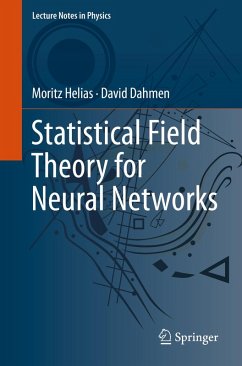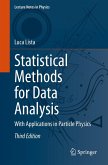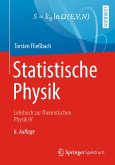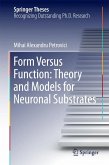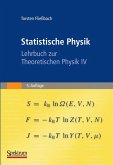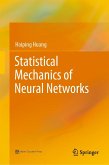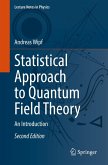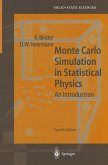This book is intended for physicists, mathematicians, and computer scientists and it is designed for self-study by researchers who want to enter the field or as the main text for a one semester course at advanced undergraduate or graduate level. The theoretical concepts presented in this book are systematically developed from the very beginning, which only requires basic knowledge of analysis and linear algebra.
Dieser Download kann aus rechtlichen Gründen nur mit Rechnungsadresse in A, B, BG, CY, CZ, D, DK, EW, E, FIN, F, GR, HR, H, IRL, I, LT, L, LR, M, NL, PL, P, R, S, SLO, SK ausgeliefert werden.

